Complexity of the Geriatric Patient: Q&A With Dr. Houman Javedan
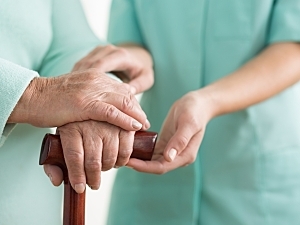
In an effort to clearly define the role of a geriatrician and establish best practices for the treatment of geriatric patients, Houman Javedan, MD, clinical director for the Division of Aging, developed a Geriatrics Clinical Reasoning curriculum that has completely transformed geriatric care at the Brigham.
Read More...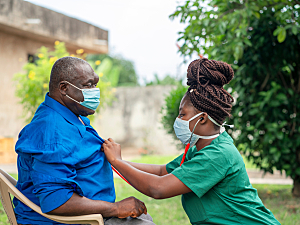

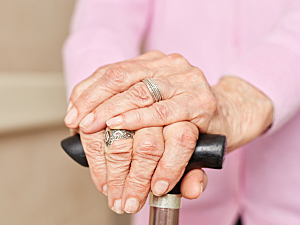

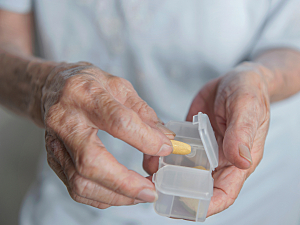
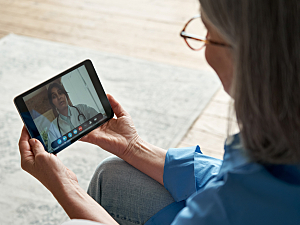

 The COVID-19 pandemic has sparked a rapid shift to telemedicine across health care. Among the many challenges this new reality has created for geriatricians is how to adapt the comprehensive geriatric assessment (CGA) to a virtual delivery format.
The COVID-19 pandemic has sparked a rapid shift to telemedicine across health care. Among the many challenges this new reality has created for geriatricians is how to adapt the comprehensive geriatric assessment (CGA) to a virtual delivery format.